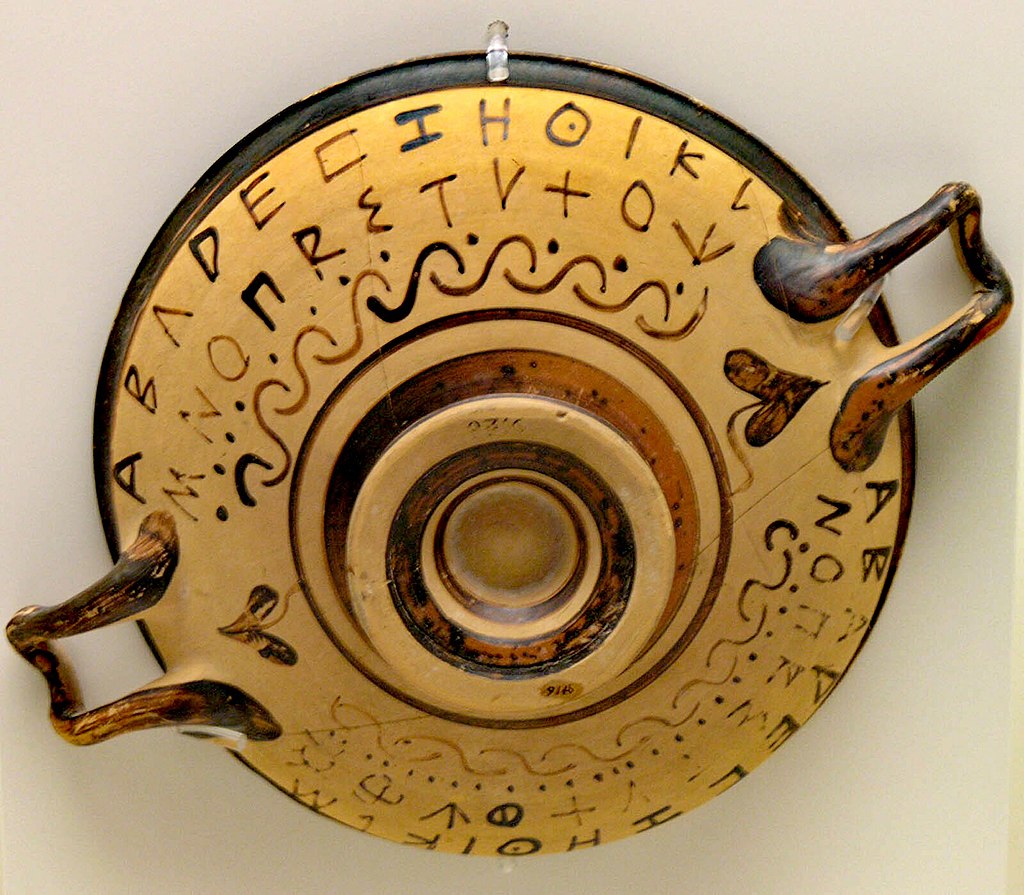The Odyssey with Bruce King — Saturdays this April
The Odyssey with Bruce King 4-Week Online Seminar offered by the New Alexandria Foundation Saturdays 1:00-4:00 pm ET (with breaks) 4/4, 4/11, 4/18, 4/25 Register Now! From the smoking ruins of Troy to the long-awaited homecoming in Ithaka, Odysseus leaves a wake of death, sorrow, and reinvention. As a hero and trickster, he slips in and out of identities—king, husband, father, son, stranger, storyteller. Wherever Odysseus goes, trouble follows, for… Read more





